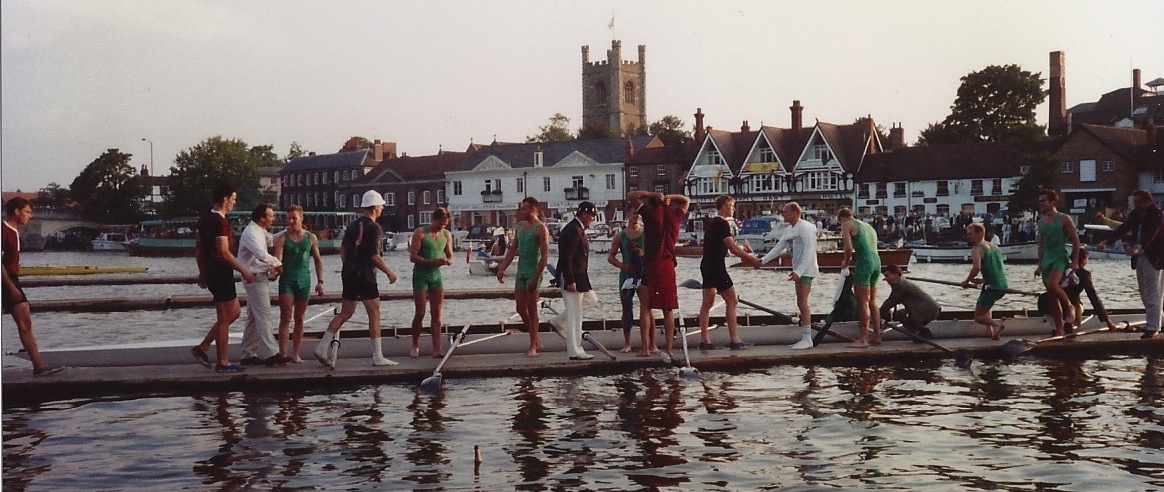This post is slightly off the topic of sporting landmarks, but topical as Rugby’s 2010 Six Nations reaches its climax.
Chapter 1 of Ed Smith’s excellent book What Sport Tells Us About Life is entitled “Why there will never be another Bradman”.
The chapter explores why it is more difficult for innate natural talent to stand out from the crowd in modern sport. Smith suggests contributing factors are the more scientific approach to coaching and training, the advent of professionalism that gives more people the opportunity to commit more time to training, better nutrition and the speed with which advances in sporting technique become mainstream and adopted globally.
Another difference that is particularly applicable to team sports is that through television coverage and the ready availability of video play-back facilities, teams can analyse their next opponents in such great depth that there is greater opportunity to neutralise the impact of opposition play-makers. As the not-so-infrequent FA Cup upsets demonstrate, a focus on defensive coaching can close the gap between average and better teams. As a result, coaching teams have expanded and “back-room” staff are an increasingly valuable commodity in modern professional sport as illustrated by this feature on the Irish Rugby Union’s video analyst.
The last three Six Nations Grand Slams – Ireland in 2009 and Wales in 2008 and 2005 – share something in common which I haven’t seen commented on elsewhere. They were all won by teams in their first season with a new coach: Declan Kidney, Warren Gatland and Mike Ruddock respectively. So does the arrival of a new coach give a team a period of grace when they are, by definition, unpredictable?
Of course if France secures a Grand Slam this year – and they are the last remaining candidate – this theory could be undermined. Mark Liveremont has been coach since the French post-mortem after the 2007 Rugby World Cup. Having earned a reputation for continuous tinkering with selection, Lievremont’s teams have also exhibited sometimes bewildering inconsistency. For example, an Autumn victory over world champions South Africa was followed by a drubbing by New Zealand. So if gallic unpredictability is equal to the unpredictability of a newly appointed coach, perhaps France are simply the exception that proves the rule! We’ll find out at the Stade de France on Saturday.
Update: France did achieve a grand slam!



